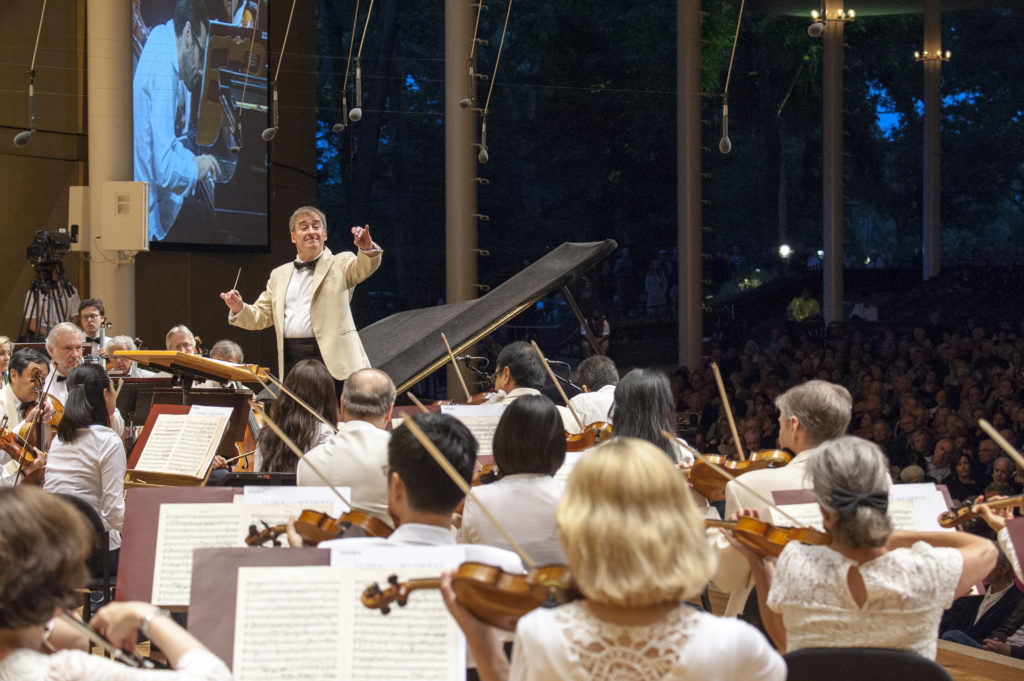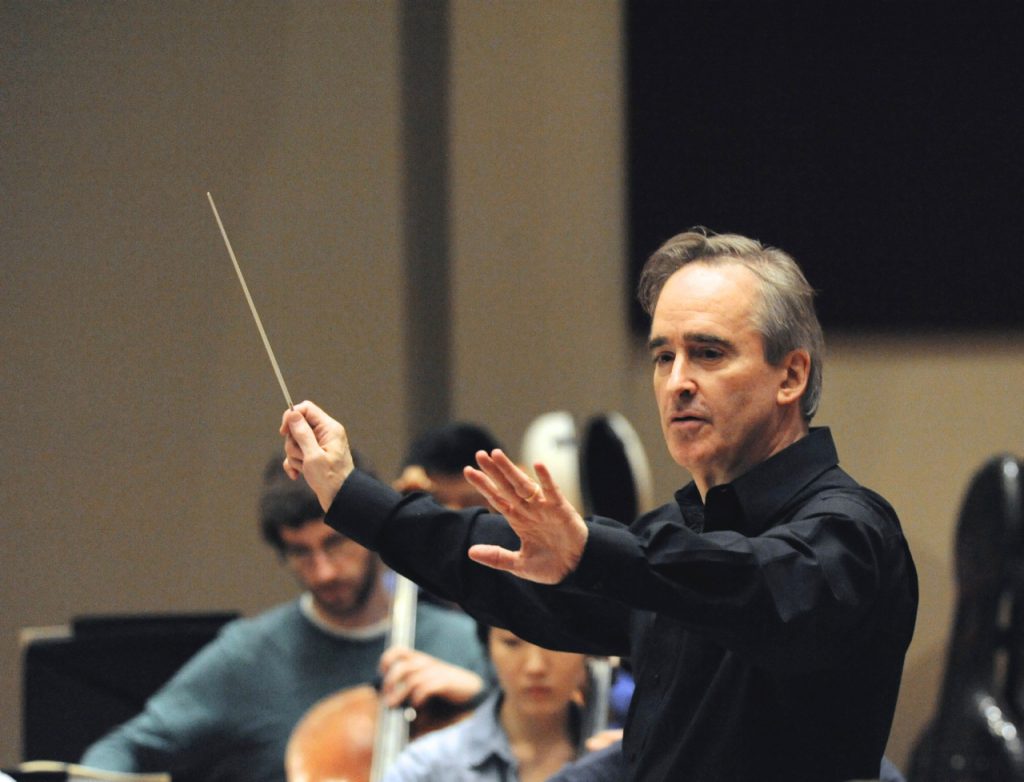“…Conlon, from the pit, well supported by the orchestra of the Rome Opera, succeeds in giving the score all of its depth, in its nineteenth century romantic sections, as well as its already mysterious and expressionist ones.” — Il Messaggero
“…an already Dostoevskian story for an almost expressionist opera. And such is the interpretation of conductor James Conlon: intense, all consuming, delicate and fierce…” — la Repubblica
“… the orchestra was led by James Conlon, who received the largest applause and ovation from the audience (almost like Mariss Jansons at the superb Vienna Philharmonic concert at La Scala where they performed Mahler’s Third in the same period)… (he) drew dense symphonic qualities, dark and turbid; or ethereal and and faded, without compromise, as Tchaikovsky wanted it. Conlon doesn’t opt for an exasperated Queen… He extracts and highlights many solo singing moments, soft and instrumentally magnificent. The finale has a sumptuous uninterrupted arc.” — Il Sole 24 Ore
“James Conlon grasped everything…. Avoiding undue sentimentalism, he emphasized above all the give-and-take within the threads of orchestral and vocal fabric: certain ensembles (the masculine ones in the first scene, the feminine ones in the second scene of Act One and the Pastoral) possessed the transparency and the exactitude of a string quartet. This same extreme dramatic tension, at times driven toward the convulsive and fantastical – never lost touch with the lightness of the material, the clarity of the design, of the portrayals, and of the beauty of the orchestral colors. Even if Conlon often opted for a limpid sequence of grays and black, for the threadbare, the barebones framework of the sound, it was always suitable to the circumstances. Extraordinary also was the highlighting of the numerous citations from Mozart to the aria of Gretry, enveloped by the orchestra as if in dreamy veils. The tragic sinking into the frozen waters of the Neva at Liza’s suicide was memorable. In short, it was one of the best-conducted performances heard at [Rome Opera] in the past five years.” — Musica

